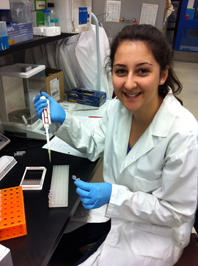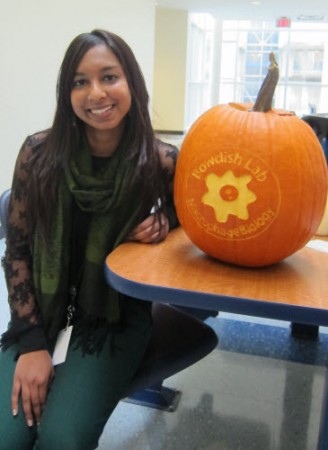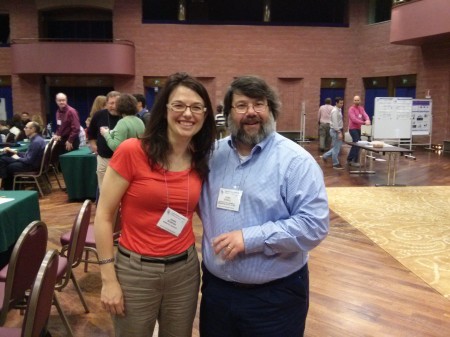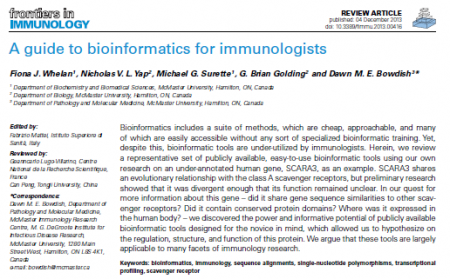Congratulations to Fiona Whelan (MSc, Bowdish lab; PhD student, Surette lab) for publishing the review article “A guide to bioinformatics for immunologists” in Frontiers Immunology. The idea of this article spawned from the research that Fiona conducted in the Bowdish lab on the elucidation of the evolutionary history and relationships between the members of the class A scavenger receptors, proteins required for host defense and homeostasis. During this time, Fiona used multiple bioinformatic techniques and tools to form hypotheses as to the function of one under-annotated member of this family, SCARA3. Even though most of these tools are easy-to-use and require little computational knowledge, Fiona and Dawn discovered through their interactions with other immunologists that these tools were being under utilized. Thus, they decided to write a review of how bioinformatic techniques can help the average immunologist in their quest for knowledge about the structure of their protein of interest, how to find SNPs that may correlate with disease phenotype, and how to conduct sequence alignments in order to find areas that are conserved across various genes.
This review article is written as a case study that follows Fiona’s research into SCARA3 that begins with obtaining the NCBI Reference FASTA sequence of the protein, predicting post-translational modifications, identifying conserved motifs, hypothesizing as to the structure of the protein, examining SCARA3’s transcriptomic profile in different immunological cell types, and analyzing any potential SNPs within the DNA sequence of SCARA3 that may correlate with disease. The article is written with the immunologist in mind and includes the use of only “point and click” tools that require no computational background whatsoever.
Is Fiona’s paper is Open Access? Of course it is! Enjoy reading it here and reading the description on the Surette lab website here.
The laboratories of both Dr. Bowdish and Dr. Surette are always interested in undergraduate and graduate students interested in exploring the impact bioinformatics can have on immunological and microbiological research.






